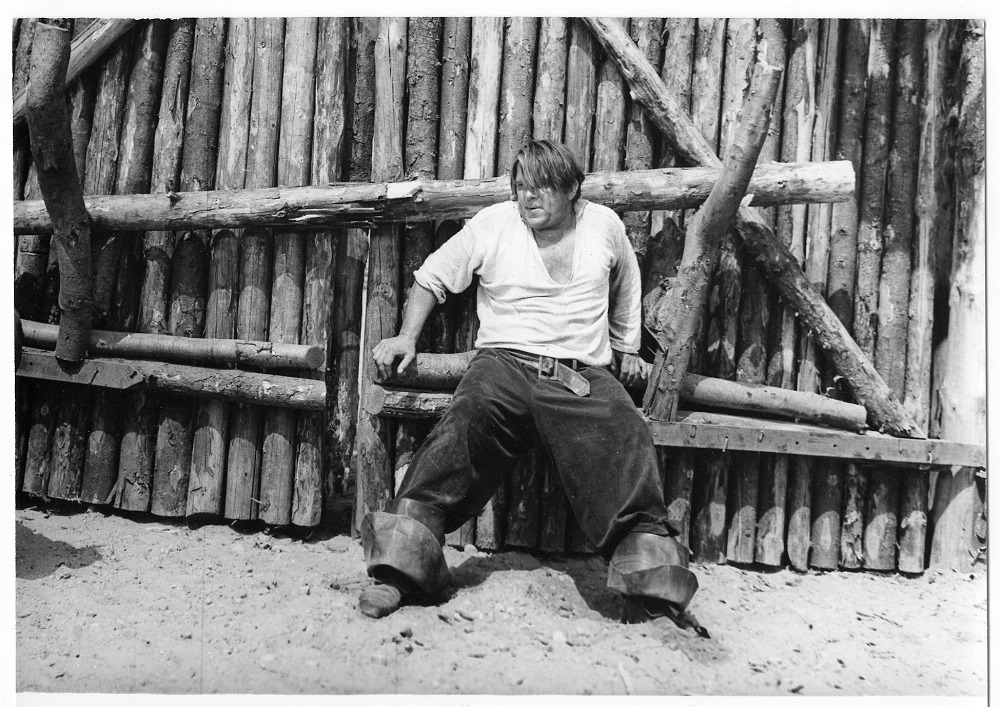A unique opportunity to watch the oldest surviving fiction film that was shot in the territory of Latvia – “Where’s the Truth? The Tragedy of a Jewish School Girl” at the opening event of Riga International Film Festival on October 15! The event will be the premiere of the restored version of this film, and it will be available for free viewing worldwide. This film was restored at the initiative of Riga Film museum.
In the snowy streets of Riga at the beginning of the last century, horses pull carriages, a student couple in love meet at the Cathedral of the Nativity, a tram slides along Alexander Boulevard, and bare trees sway in the windy alleys. So as not to freeze, men crossing the Opera Bridge have shoved their hands in their pockets, while the women have fur muffs… The story, however, takes place in an unnamed place outside of the Pale of Settlement*.
Having come from Bessarabia province, Adele Weisekind is listening in to university lectures because the Jewish student quota is full. Soon an alarming message arrives – as she has no right to live here, the police inform her that she must leave the city within three days. In an effort to stay, Adele registers as a prostitute. While her beloved, Rafail Edelgerts, goes to see his frail father, Adele is arrested on suspicion of robbing a drunken gentleman. In prison, her dire situation brings on a nervous fever in which she relives her happy childhood and the death of her parents in an anti-Jewish pogrom…
This is the oldest surviving feature film shot in the territory of Latvia. The end of this tragic love story, in which the forlorn Rafail himself dies on a cold night at Adele’s grave, has been lost. The script is based on the play At Sea and Ellis Island by Abraham Shaikewitz Schomer, a lawyer, writer and architect of the idea for a World Jewish Congress; the play has been repeatedly cinematized and performed in theatres.
*A territory within the borders of czarist Russia wherein the residence of Jews was legally authorized and beyond which a few were allowed to live – those with university education or baptized, registered prostitutes, members of the most affluent of the merchant guilds and some military personnel.
The silent film “Where is the Truth?! The Tragedy of a Jewish School Girl” that was shot in Riga and Ventspils reached audiences in 1913, thanks to Siegfried Mintus – a producer, owner of film theatres and distributor of motion pictures and cinema equipment. In 2020, the film was restored by the studio Locomotive Classics at the initiative of the Riga Film Museum, and with the support of the State Culture Capital Foundation.









